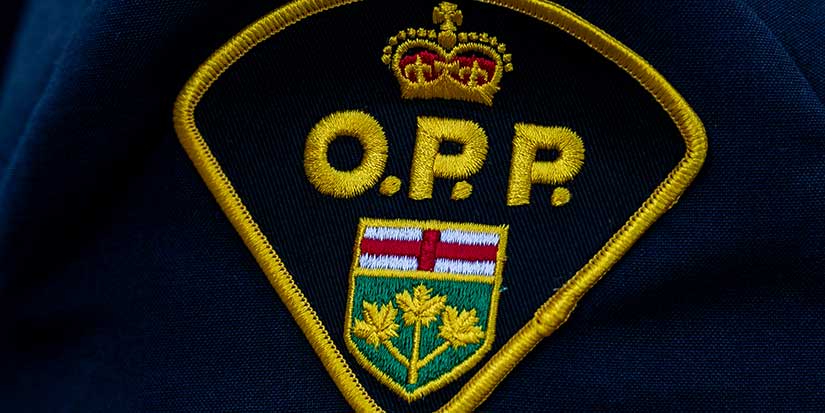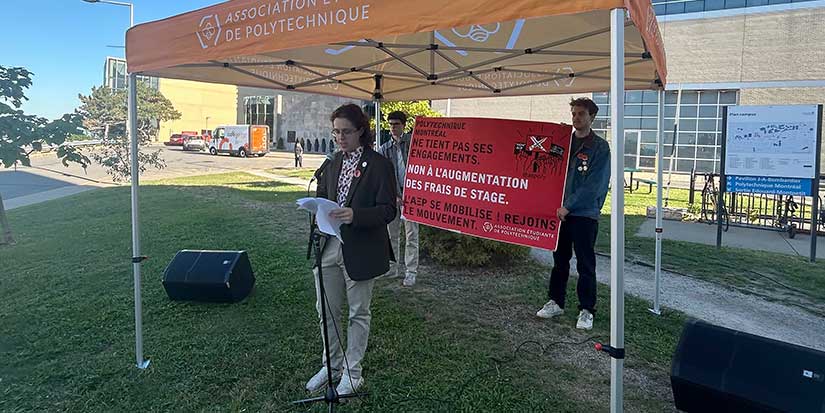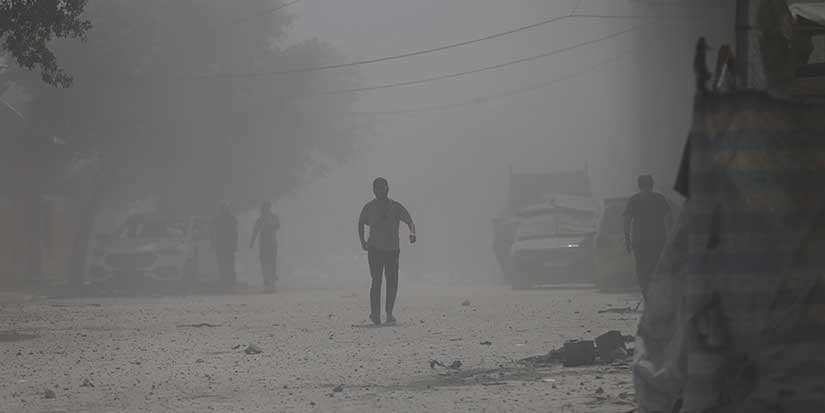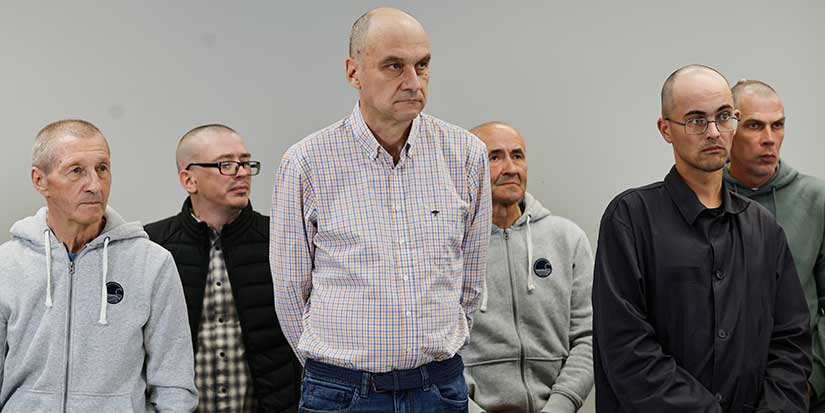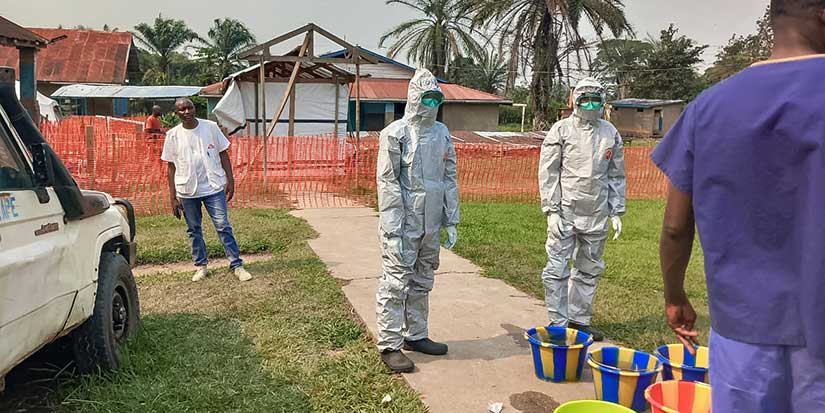Latest News
Toxic drugs claimed 28 Richmond lives in 2022

Published 12:42 PST, Tue January 31, 2023
Last Updated: 10:46 PST, Thu February 9, 2023
—
According to new data from the B.C. Coroners Service, 28 Richmondites lost their lives to toxic drugs in 2022.
This is a slight decrease from the 32 deaths recorded in 2021, but remains higher than in the previous 10 years—with the exception of 2017, which also saw 28 deaths. In comparison, just one Richmondite died due to toxic drugs in 2012.
January, February, and July 2022 each saw four deaths attributed to toxic drugs in Richmond. There was only one month, October, with zero such deaths recorded.
Province-wide, the number of drug toxicity deaths has also increased rapidly over the last decade. There were 270 deaths in 2012 and at least 2,272 in 2022.
“British Columbians across the province are continuing to experience tremendous harm and loss as a result of the province’s toxic illicit drug supply,” said chief coroner Lisa Lapointe. “Our province continues to lose an average of six lives every day, and many more people experience serious health consequences as a result of the unpredictable, unregulated drug supply. Death due to drug toxicity remains the leading cause of unnatural death in British Columbia, and is second only to cancers in terms of years of life lost.”
The number of deaths being investigated by the B.C. Coroners Service in 2022 is the second-largest total ever in a calendar year, and only 34 fewer than the 2,306 deaths reported to the agency in 2021. Toxic drugs were responsible for an average of 189 deaths per month in 2022, or 6.2 lost lives each day. The final number for 2022 will almost certainly increase as investigations are completed and final causes of death are established, according to a B.C. government news release. At least 11,171 deaths have been attributed to the illicit drug toxicity since the public health emergency was first declared in April 2016.
“The reality is that these deaths are preventable,” Lapointe said. “Toxicology data confirms that the drug supply in British Columbia is increasingly volatile and life-threatening. The Standing Committee on Health and two B.C. Coroners Service death review panels are in agreement that we must rapidly increase access to a safer supply of substances, while at the same time building out a robust system of evidence-based care. Those dying are our family members, neighbours, friends, and colleagues. Urgent action is required to reduce the significant risks that tens of thousands of British Columbians are currently facing.”
In 2022, 70 per cent of those dying in B.C. were aged 30 to 59, and 79 per cent were male. By health authority in 2022, the highest number of illicit drug toxicity deaths were in Fraser and Vancouver Coastal Health Authorities (680 and 637 deaths, respectively), making up 58 per cent of all such deaths during 2022.
There was one reported death at an overdose prevention site in 2022. Analysis of post-mortem toxicology results shows no indication that prescribed safe supply is contributing to illicit drug deaths regionally or provincially.
According to preliminary 2022 data from the B.C. Coroners Service, fentanyl or its analogues have been detected in 82 per cent of all illicit drug toxicity deaths. This is a slight decrease from 86 per cent in 2021.
“First Nations people continue to be disproportionately impacted by the ongoing toxic drug crisis in British Columbia,” said Dr. Nel Wieman, acting chief medical officer, First Nations Health Authority. “Given that we are nearing the end of the seventh year of a provincewide state of emergency on illicit toxic drugs, it is difficult to accept that more First Nations people in B.C. have died from illicit toxic drug poisonings than from COVID-19. While there is no doubt that this tragic outcome is due in part to First Nations people experiencing stereotyping, racism, and discrimination in many different forms, it also leads one to consider whether or not this pressing issue is receiving the level of priority it deserves. While we support the government's recent steps toward decriminalization, it is abundantly clear that there is still much more that can and must be done. The lives of First Nations people in B.C. depend on it.”
Dr. Paxton Bach, co-medical director of the British Columbia Centre on Substance Use, said: “These figures reflect the overwhelming number of human stories that we as physicians are seeing on a daily basis. There is no industry, no socio-economic class, no geographic region in the province that is not being touched by this crisis, and for each of these deaths there are 10 more people suffering other life-altering consequences due to non-fatal overdose events. This has gone on for too long, and demands the urgent and co-ordinated response from all sectors that such a crisis deserved from the beginning.”
To read the illicit drug overdose death report (data to Jan. 31, 2023), visit gov.bc.ca/assets/gov/birth-adoption-death-marriage-and-divorce/deaths/coroners-service/statistical/illicit-drug.pdf.
Toward the Heart: towardtheheart.com
Stop Overdose BC: stopoverdose.gov.bc.ca
BC Centre on Substance Use: bccsu.ca



















